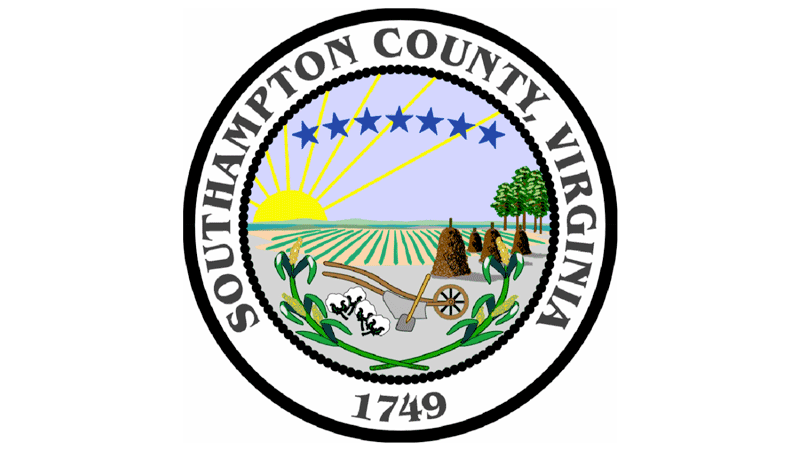Property rights bill passes House
Published 1:19 pm Friday, February 14, 2014
RICHMOND—Del. Rick Morris (R-64) has announced that his landmark legislation to help secure individual property rights, HB1084, passed the House 88-7.
“HB1084 helps to level the playing field when local governments act unconstitutionally against property owners,” said Morris.
HB1084 will allow property owners to sue the local government, and seek damages, costs and attorney fees when the local government puts unconstitutional conditions upon private property.
“The overall goal of HB 1084 is to assist localities in staying within the guidelines of the Nollan/Dolan test when deciding future use of local land and stop putting unconstitutional restrictions on property owners,” said Morris.
The test to which the delegate refers comes from two cases that came before the Supreme Court many years ago. The first was in 1987 and had to do with a family called the Nollans in California. They wanted to replace their beachfront bungalow with a larger house. Before giving a permit, the California Coastal Commission said the family would have to create and maintain a piece of land that would allow the public access to the beach. The Nollans argued that the requirement was unlawful, especially since there would be no compensation for allowing people through their property. The case made it to the Supreme Court, which voted in favor of the Nollans.
The second case was in 1994 and involved a business owner named Dolan in the city of Tigard, Ore. The person wanted to expand the business, but the city said a bicycle path and space for pedestrians were required. The Supreme Court favored Dolan, saying the city hadn’t proven an important connection between the expansion and the paths.
Morris said the bill “expresses that landowners in Virginia can sue for damages and relief in state courts, as expressly codifies the constitutional protections the Supreme Court outlined it the Koontz case.”
The aforementioned example came to the Supreme Court in 2013.
Coy Koontz of Florida asked permission from the St. Johns River Water Management District to develop some wetlands, and would even allow use of nearby land as an easement. The agency said no and offered for Koontz to lessen his development plans or he’d pay for upgrading of land the District owned elsewhere.
The Supreme Court ruled for Koontz, and used the Nollan/Dolan cases to support its decision.
Fred Taylor, an attorney at Bush and Taylor, P.C. in Suffolk, said that if the bill became law, the ruling would shift the burden on localities to think twice about the land ordinances they enforce and the new ones they approve.
“It would force a board of supervisors or city council to decide whether or not an ordinance is going to pass constitutional muster. If that locality is challenged and their ordinance determined to be unconstitutional – for instance, in the case of an unlawful taking of property by a county or city zoning application – they could face having to pay compensatory or punitive damages and attorney fees to that successful party.”
“This will be one of the strongest laws in Virginia to help protect property rights and help stop local governments from putting unconstitutional provisions and conditions on permits that equates to taking of a private property,” stated Morris.
As of Monday, the bill moved to the Senate committee on local government.





